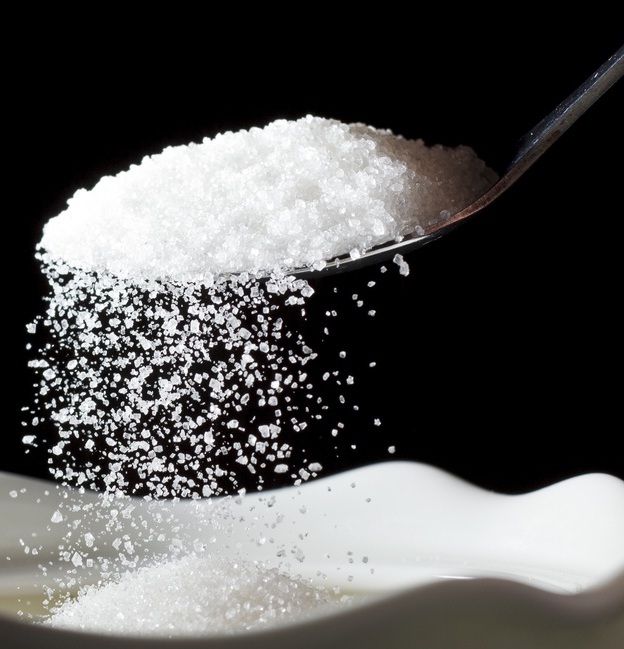Sweet, sweet power: Scientists discover a powerful use for sugar
What we know so far is batteries contain electrochemical cells that convert chemical energy into electrical energy. But do food items have a similar ability to do so? Recently, scientists have successfully demonstrated a concept of sugar biobattery that converts chemical energy in sugar substrates into electricity. The energy density of sugar is considerably higher than that of the normal lithium-ion batteries.
We are the first to demonstrate the complex oxidation of the biobattery’s sugar so we achieve a near-theoretical energy conversion yield that no one else has reported.
Y H Percival Zhang, chief science officer of Cell Free BioInnovations at Virginia Tech
The enzymes allow for the use of more complex fuels such as glucose, which give EFCs great energy density. The sugar-powered biobattery is capable of achieving an energy-storage density of about 596 ampere-hours per kilogram (A-h/kg), against the 42 A-h/kg energy density of lithium-ion battery. Additionally, the sugar biobattery with such energy density can run for approximately 10 times longer than the lithium-ion battery of similar capacity. Apart from its high-energy density, the sugar biobattery is cheaper than the lithium-ion battery—and it’s refillable, environment-friendly and nonflammable.

Science